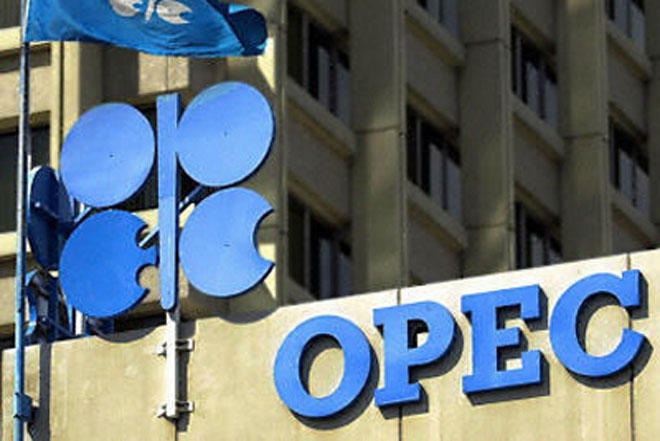Maduro offers summit of OPEC, non-OPEC producers to fix prices

By Gulgiz Muradova
Venezuelan President Nicolas Maduro has suggested holding of a summit of OPEC's 14 oil producing nations and oil-rich non-OPEC nations to set out a pricing strategy for the next decade.
The proposed meeting should be held in the first quarter of 2017, Sputnik reported citing Maduro.
"I plan to propose in writing that we should hold a summit of heads of state and government from the OPEC and non-OPEC member states in the first quarter of 2017 to discuss how to stabilize the oil market and protect fair prices in the next 10 years," Maduro said.
Maduro, whose recession-hit South American nation heavily depends on oil incomes, earlier held talks with OPEC and non-OPEC states, including Azerbaijan, to convince them in necessity of joint effort to stabilize the oil market.
Meanwhile, oil prices fell on December 7 on persistent doubts in a planned crude production cut led by the Cartel and Russia would be deep enough to end the glut in the market.
International Brent crude oil futures LCOc1 were trading at $53.69 per barrel at 0131 GMT, down 24 cents, or 0.45 percent, from their last close.
U.S. West Texas Intermediate (WTI) crude futures CLc1 were down 19 cents, or 0.37 percent, at 50.74 per barrel, Reuters reported.
"With both Russia and OPEC producing at record amounts, the market is scratching its head about how both blocs will manage to comply with the Vienna production cut targets. The point is valid, as the more OPEC and Russia produce, the higher the starting point will be to have to cut from," said Jeffrey Halley, senior market analyst at brokerage OANDA in Singapore.
The OPEC deal, that pushed the prices by almost 13 percent, was reached on November 30 despite huge political hurdles. OPEC agreed its first oil output cuts since 2008 on November 30 after the major rivals within the cartel - Iran and Saudi Arabia - set aside differences to forge the cartel's first deal with non-OPEC Russia in 15 years.
Saudi Arabia accepted "a big hit" on its output and Iraq, OPEC's second-largest producer also agreed to curtail its booming output, while non-OPEC countries are also expected to cut the output.
The OPEC deal aims to reduce production by 1.2 million barrels a day, or about 1 percent of global output. Russia has also agreed to trim production - by about 300,000 barrels a day, while non-OPEC producers are expected to agree to add an output cut of 600,000 bpd in Vienna on December 10.
--
Follow us on Twitter @AzerNewsAz
Here we are to serve you with news right now. It does not cost much, but worth your attention.
Choose to support open, independent, quality journalism and subscribe on a monthly basis.
By subscribing to our online newspaper, you can have full digital access to all news, analysis, and much more.
You can also follow AzerNEWS on Twitter @AzerNewsAz or Facebook @AzerNewsNewspaper
Thank you!
